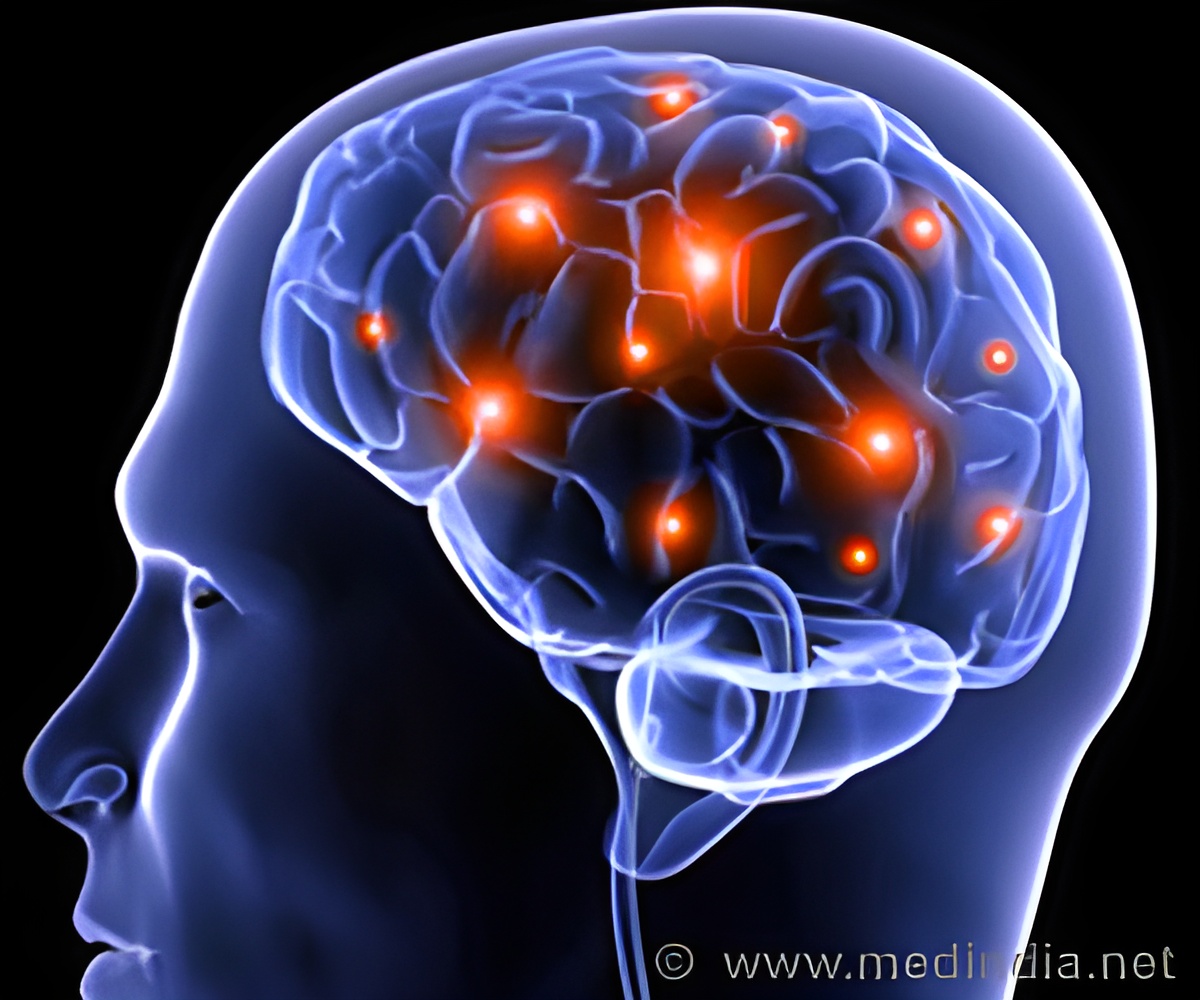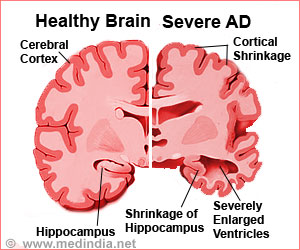Abnormal hyperactivation of the brain areas serves as an early biomarker of Alzheimer's disease that advances the knowledge about the disease and helps formulate effective therapeutics.

‘Abnormal hyperactivation of the brain areas serves as an early biomarker of Alzheimer's disease. This finding stands as a crucial milestone in the research of Alzheimer's disease that advances the knowledge about the disease and helps formulate effective therapeutics.’





"It is therefore very important to pinpoint biomarkers - that is, physical and detectable signs of the disease - and to better understand the initial effects on the brain. Hyperactivation could therefore represent one of the first signs of Alzheimer's disease", says Belleville, co-author of the study. The research team collected data from the Consortium for the Early Identification of Alzheimer's Disease for studying brain activation in two groups of individuals – 1st group consisted of 28 individuals with no cognitive impairments and the other group included 26 individuals with mild cognitive impairments. They were asked to perform a memory task while being scanned with fMRI.
Hyperactivation and Alzheimer’s Disease
It was found that certain brain areas affected by Alzheimer's disease exhibited hyperactivation, as shown by functional magnetic resonance imaging (fMRI) in people with no clinical symptoms of AD and before the onset of actual cognitive impairments, detected with standardized tests. However, these people were worried about their memory and also carried risk factors for the disease.
On the contrary, individuals with mild cognitive impairments, and more prone to develop advanced stage of the disease, tended to show reduced activation in these brain regions.
Advertisement
"This form may characterize the underlying pathological process and help doctors determine the stage of the disease. When combined with other indicators such as blood work and cognitive tests, this type of neuroimaging investigation could help with possible earlier detection", says Corriveau-Lecavalier, the study's first author.
Advertisement
Source-Medindia













